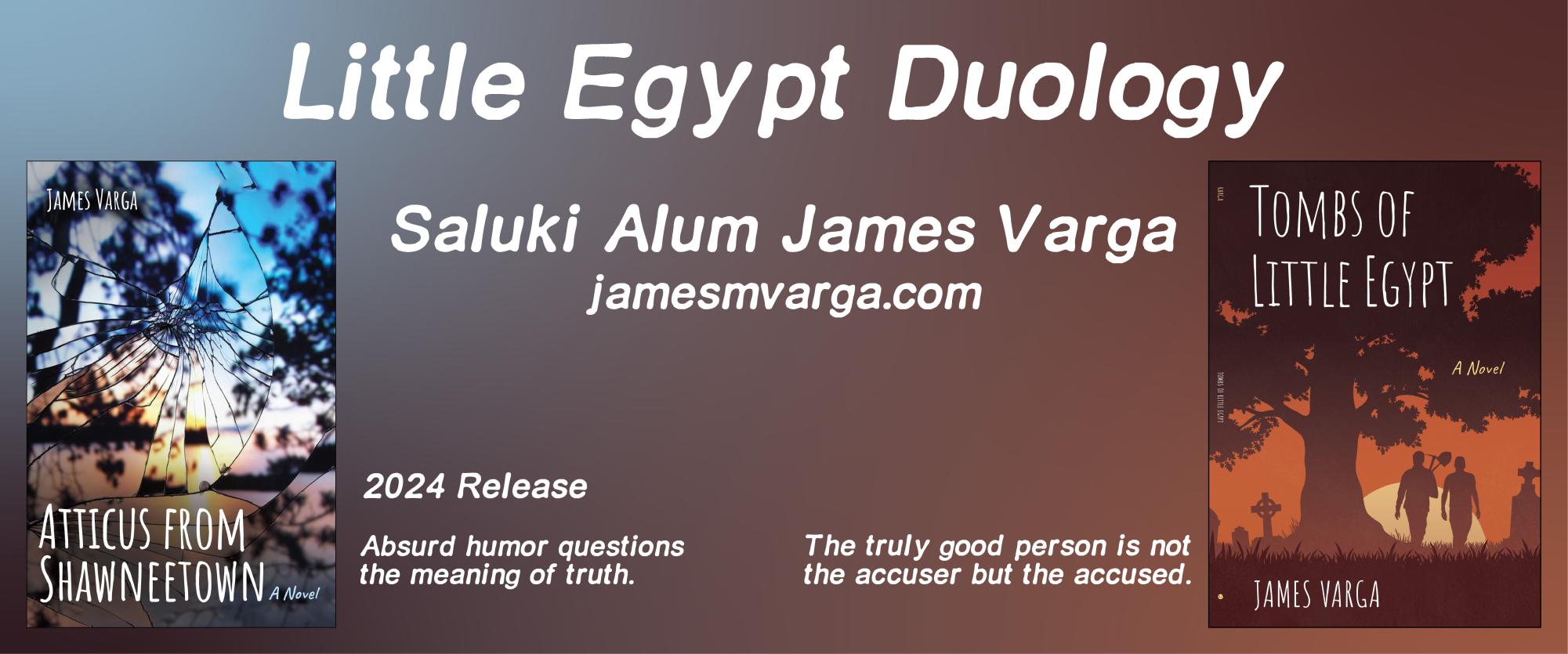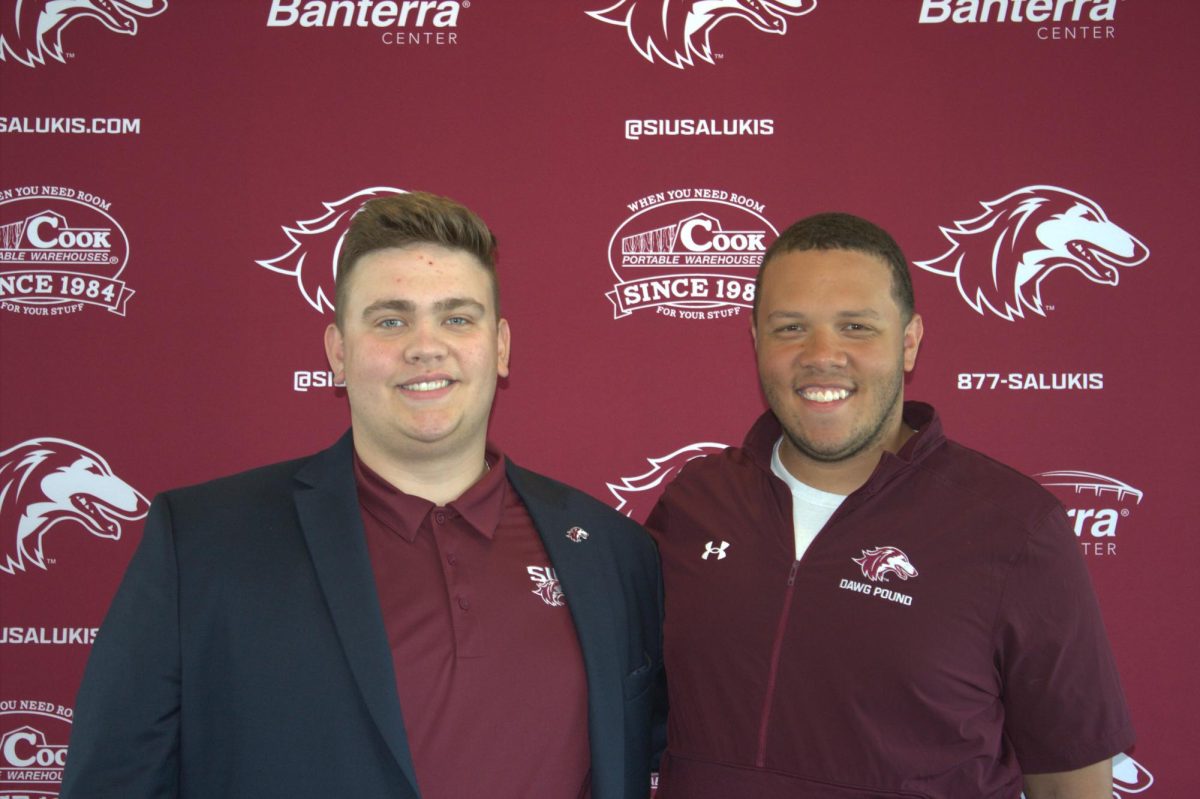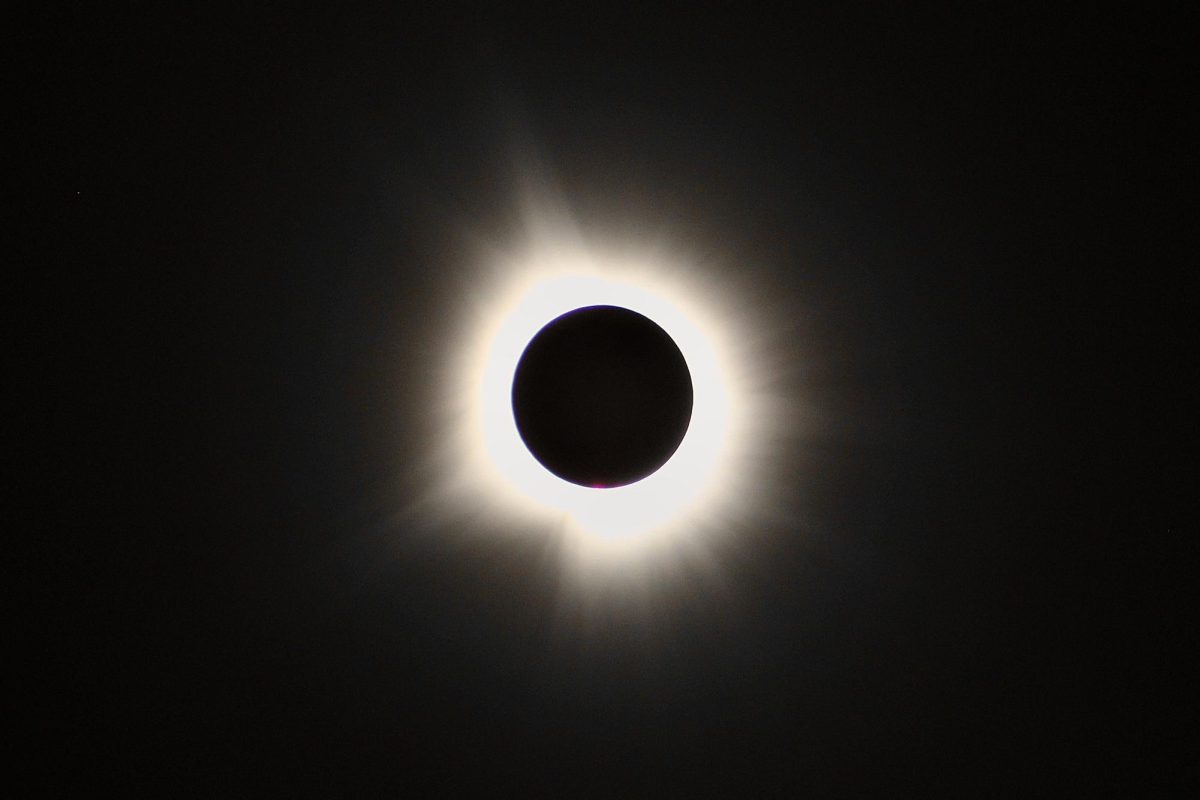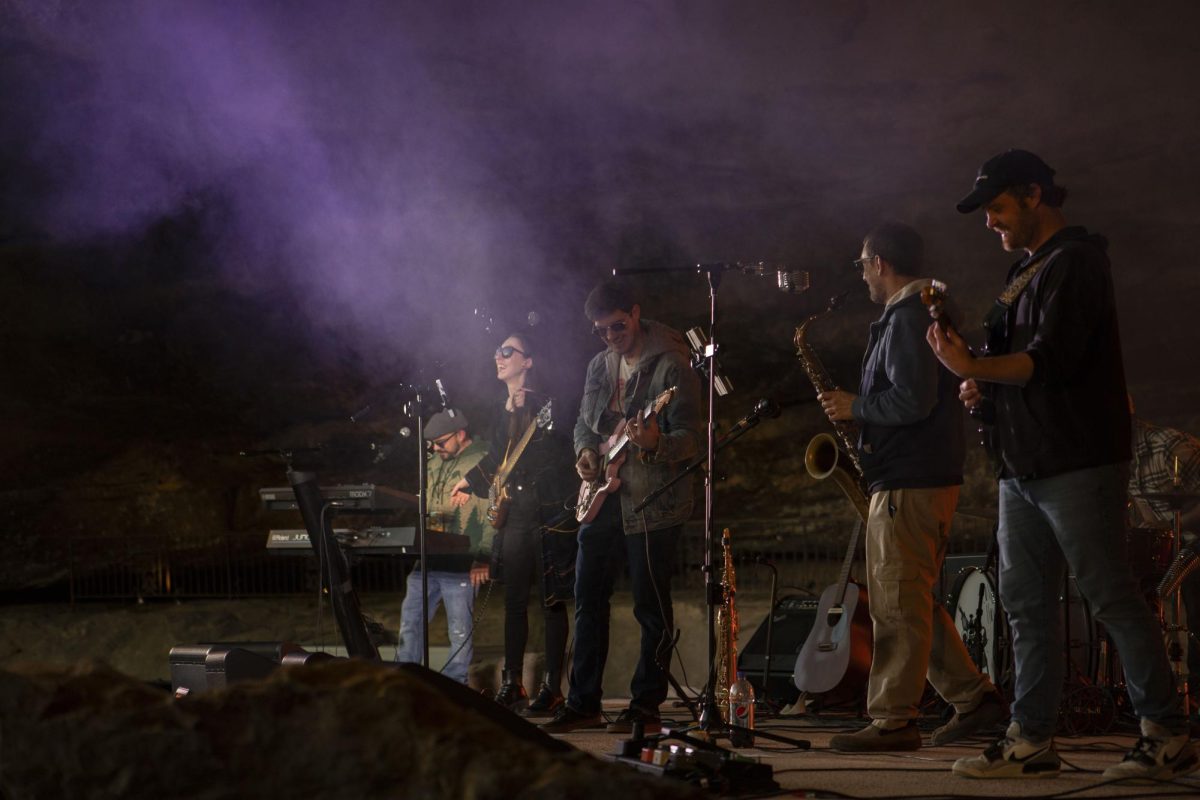Written in stone and bone: paleontologist to visit SIU
February 9, 2015
Brian Switek, a paleontologist and writer from Salt Lake City, has been studying the dinosaurian world through fossilized remains and has written numerous books and blog posts about the importance of Earth’s natural history.
Switek will travel to Carbondale to lead a guest lecture at 12 p.m. Thursday at the John C. Guyon Auditorium in Morris Library.
He will speak about what fossil records can tell people about the most dramatic changes the Earth and its animals have experienced.
Advertisement
“Ever since I was a kid… it really fascinated me just to be able to see how elephants went from these things that were the size of pigs and didn’t have trunks, to things like wooly mammoths,” he said.
Switek’s fascination with science and interest in dinosaurs as a 5-year-old became more than just a phase.
“That was my gateway to science,” Switek said. “Learning about them and what we said we knew about them, and it stuck with me since then.”
Switek’s writing career began much later, in 2006, when he attended Rutgers University in New Jersey. He felt as if his classes were not teaching him everything he wanted to know, so he began to study independently.
“I just started reading books and technical papers, trying to teach myself about the science of paleontology,” he said. “As a way to remember what I was learning, I would write about it.”
Switek’s first book, “Written in Stone,” was published in 2010.
After establishing an online presence with blogs for the Smithsonian and Wired magazines in 2013, National Geographic asked him to write a blog combining multiple paleontological ideas.
Advertisement*
Switek’s career catapulted from there and he eventually wrote an entire special issue about the Mesazoic era, the age of the dinosaurs. He is writing his first feature story for National Geographic while living in Salt Lake City, a very fossil-rich area.
“I came out here because this is where the fossils are,” Switek said. “It is right in the middle of prehistoric country where everything is out and exposed.”
The discussion will address revolutionary research methods emerging in the paleontologist world, he said.
“We are beyond the age of imperialist science, where you have people from America or Western Europe going elsewhere to dig up fossils and bring them back,” he said. “Now there are many more local experts all over the world who are studying fossils in their own back yard.”
Switek said he will present a simple explanation of his career and how to become a science writer.
“I am treating it more or less like a workshop to see what the audience wants to know about how to get involved in science writing or how to better promote the science going on at the university,” he said.
A writing lecture and coffee hour will follow shortly after the main lecture.
Advertisement








